Blog
Writing, thinking and debating about how data and AI can be made to work for people and society
Explore the Ada blog
Filter by:
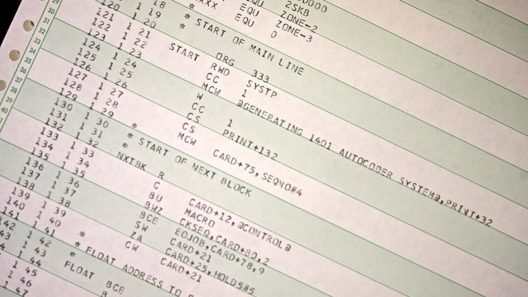
Data stewardship: an archival perspective
Archives as datasets? What can we learn from archivists in data preservation and sharing?
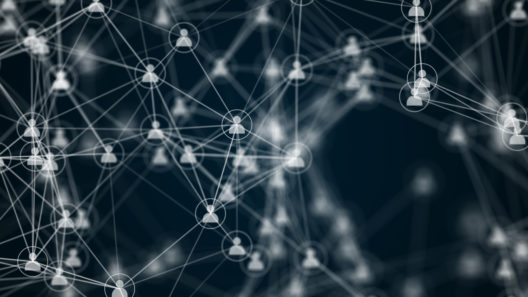
Strength in numbers: a case study for building a data-based community in cystic fibrosis
Now, more than ever, data can be used to bring people together as well as numbers.
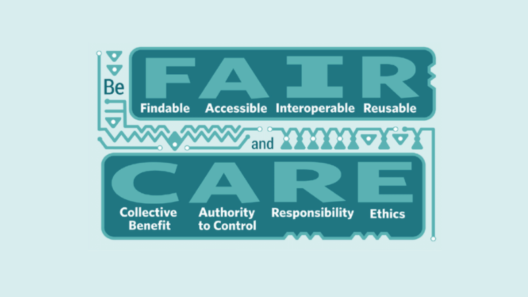
Working with the CARE principles: operationalising Indigenous data governance
Shifting the focus of data governance from consultation to values-based relationships to promote equitable Indigenous participation in data processes.

Algorithms in social media: realistic routes to regulatory inspection
Establishing systems, powers and capabilities to scrutinise algorithms and their impact.

Common governance of data: appropriate models for collective and individual rights
From Elinor Ostrom’s design principles for governing the commons to mechanisms that ensure collective and individual data rights: what steps to take?
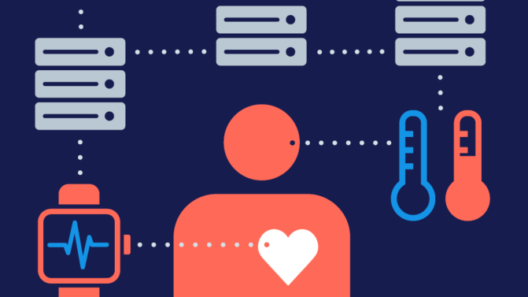
Health datafication, digital phenotyping and the ‘Internet of Health’
A new report from the Ada Lovelace Institute explores the datafication of health, how it manifests and the consequences for people and society.
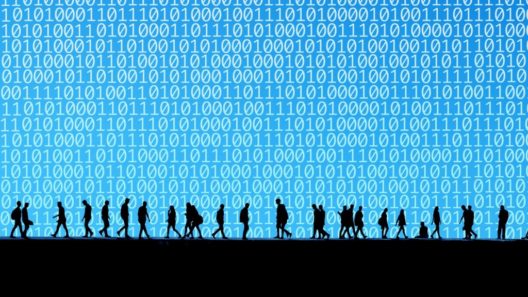
Practising data stewardship in India, early questions
How could data stewardship help to rebalance power towards individuals and communities?

Non-personal data: the case of the Indian Data Protection Bill, definitions and assumptions
A non-personal data framework is emerging out of the Indian Data Protection Bill, what are its definitions, rationale and underlying assumptions?
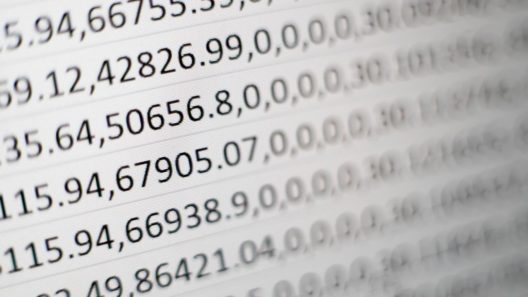
Meaningful transparency and (in)visible algorithms
Can transparency bring accountability to public-sector algorithmic decision-making (ADM) systems?

What does Ada Lovelace mean to you?
Celebrating Ada Lovelace Day 2020 with six women computer scientists.
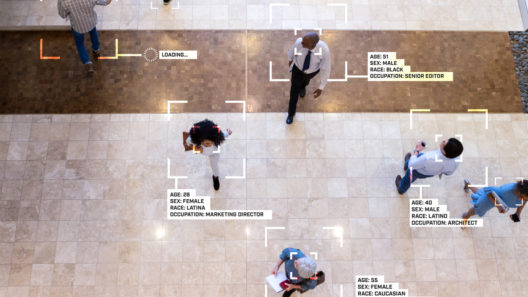
The Biometrics and Surveillance Camera Commissioner: streamlined or eroded oversight?
When the direction of travel is towards more extensive use of biometrics and surveillance, do we need more or less oversight?
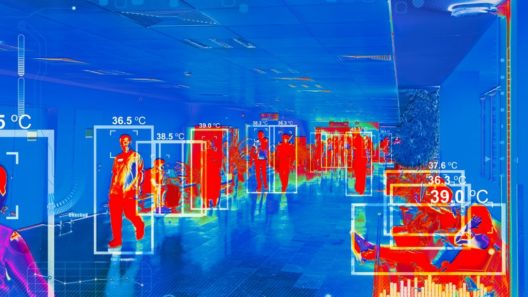
Can digital immunity certificates be introduced in a non-discriminatory way?
New forms of technology are coming. How do we ensure they’re deployed in a way that conforms to equality regulation?